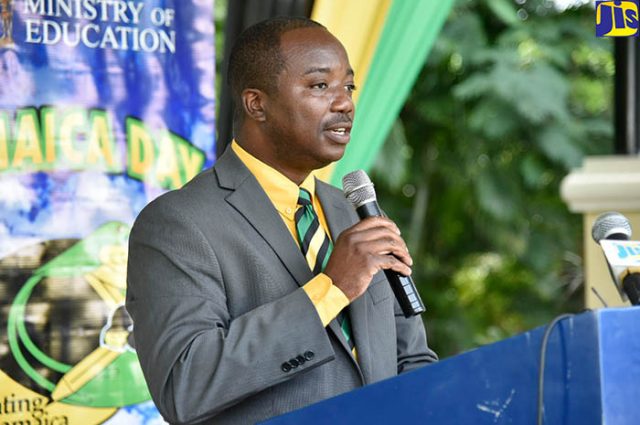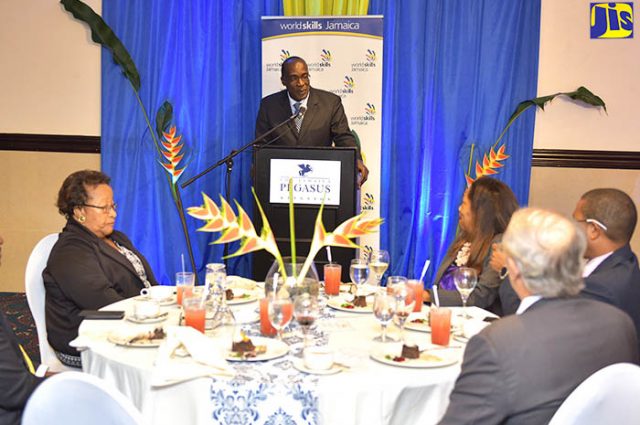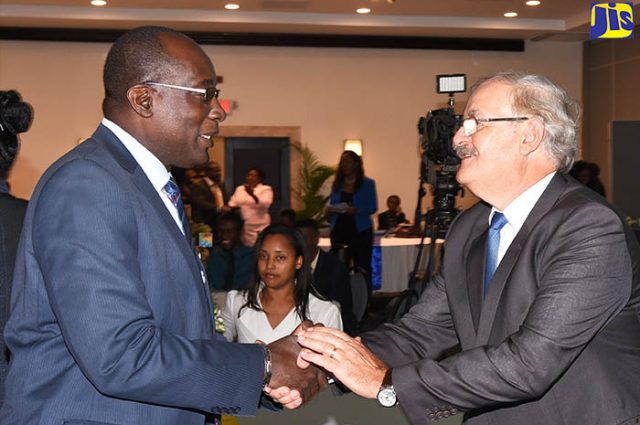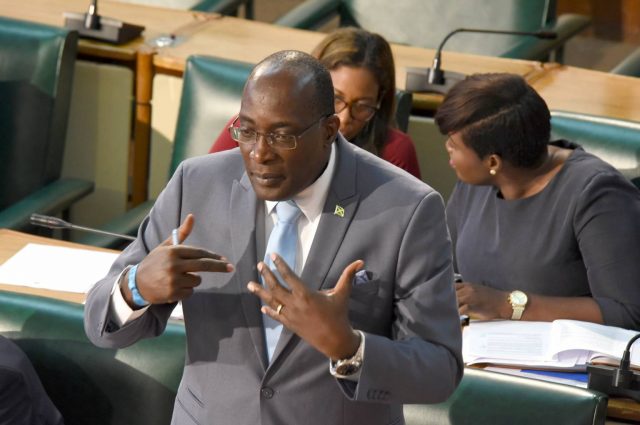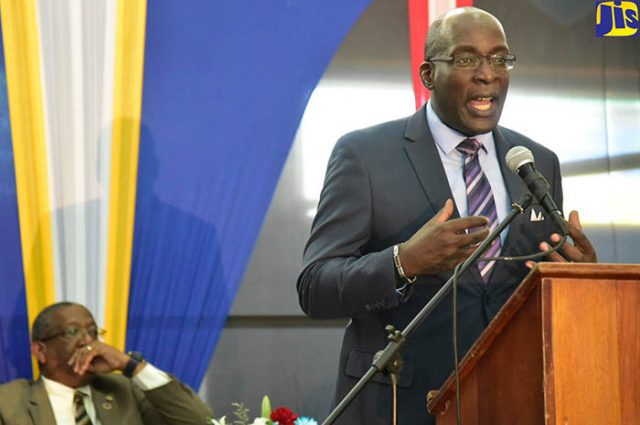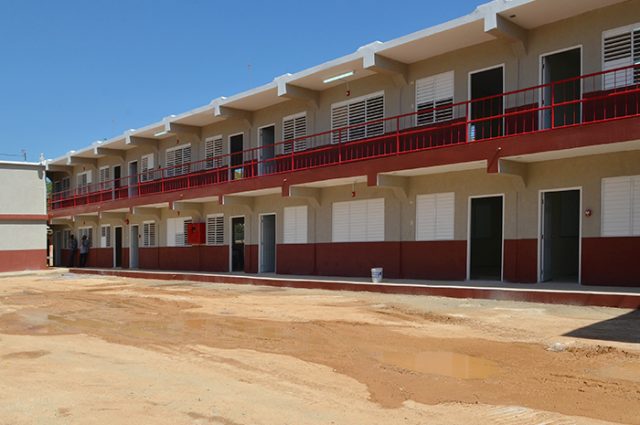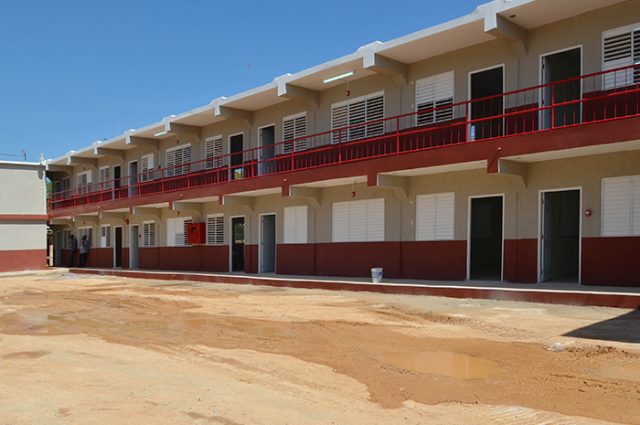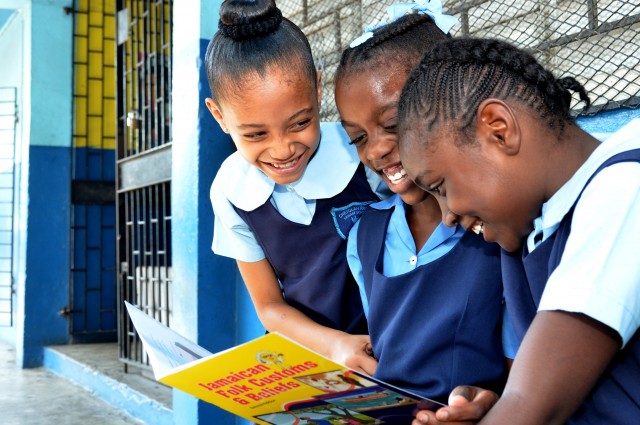JIS: Thousands of students from educational institutions across Jamaica will celebrate Jamaica Day on Friday, February 23.
Senior Education Officer in the Ministry of Education, Youth and Information and Chairman of the Jamaica Day Planning Committee, Marlon Williams, told JIS News that Jamaica Day 2018 will be observed under the theme ‘Celebrating Jamaica: Nurturing our Natural and Cultural Heritage’.
“Every year the Jamaica Day theme starts with the stem ‘Celebrating Jamaica’, because the Day is all about celebrating Jamaica, land we love. This year’s theme is really to bring about an awareness of Jamaica’s cultural and natural heritage and to encourage not only the students but every single Jamaican here and abroad to protect it,” he said. Mr. Williams explained that schools are allowed to plan activities based on their interpretation of the theme. For example, they may want to highlight practices and ways in which the environment can be protected, or create innovations through technology that can be used to protect aspects of the environment and preserve the cultural heritage. On the day, Principals will introduce the student who is assigned as the culture agent to the school population. This will be followed by the reading of the official Jamaica Day Proclamation at 9:00 a.m.to signal the start of the day’s activities. All radio and television stations are being encouraged to have a student read the proclamation simultaneously with the schools.
The Proclamation can be accessed by logging on to www.moeschools.edu.jm, the Ministry’s portal in the Civic Citizenship and Culture in Education Programme folder.
Mr. Williams said that while the day will be celebrated in all schools, Munro College in St. Elizabeth will be the featured school that will get national attention.
“The boys at Munro College will have on display their innovations depicting the theme, and, through partnerships with several organisations, will showcase these to Jamaica,” he said.
Mr. Williams noted that each educational region will select a focus school, which will lead the Jamaica Day charge in the regions. For Region 1, the focus school will be Golden Spring Primary in Kingston; Region 2, Port Antonio Primary in Portland; Region 3, St. Hilda’s High School, in St. Ann; Region 4, Green Pond High in St. James; and in Region 6, Old Harbour Primary in St. Catherine.
The Ministry has also partnered with the Ministry of Culture, Gender, Entertainment and Sport in the Culture Passport programme; therefore, the Culture Ministry will be promoting this initiative and issuing culture passports to students on the day. The culture passport allows students access to heritage sites across the country at a discounted cost or free of charge where applicable. Mr. Williams is appealing to Jamaicans here and in the diaspora to don the Jamaican colours – black, green and gold – or bandana on the day to celebrate and show their appreciation for the culture and natural heritage. Jamaica Day, which is part of the Culture in Education programme, was instituted in the nation’s schools by the Ministry of Education in an effort to celebrate what is called ‘Jamaicanness’ and the country’s contribution to the world.
CAPTION: Chairman of the Jamaica Day Planning Committee and Senior Education Officer at the Ministry of Education, Youth and Information, Marlon Williams, giving an overview of Jamaica Day at the launch recently.


